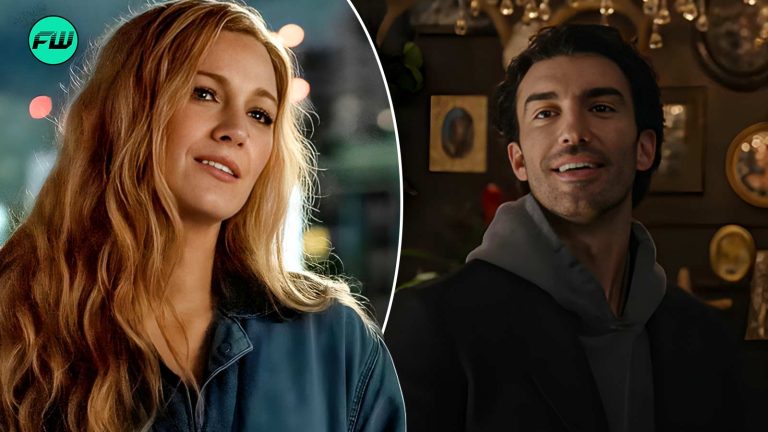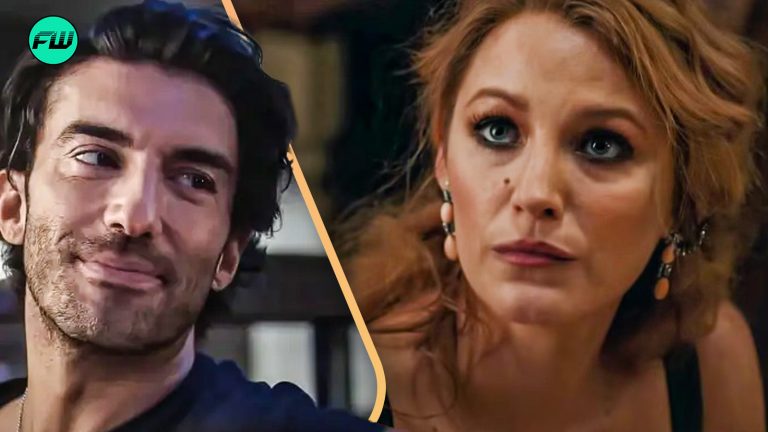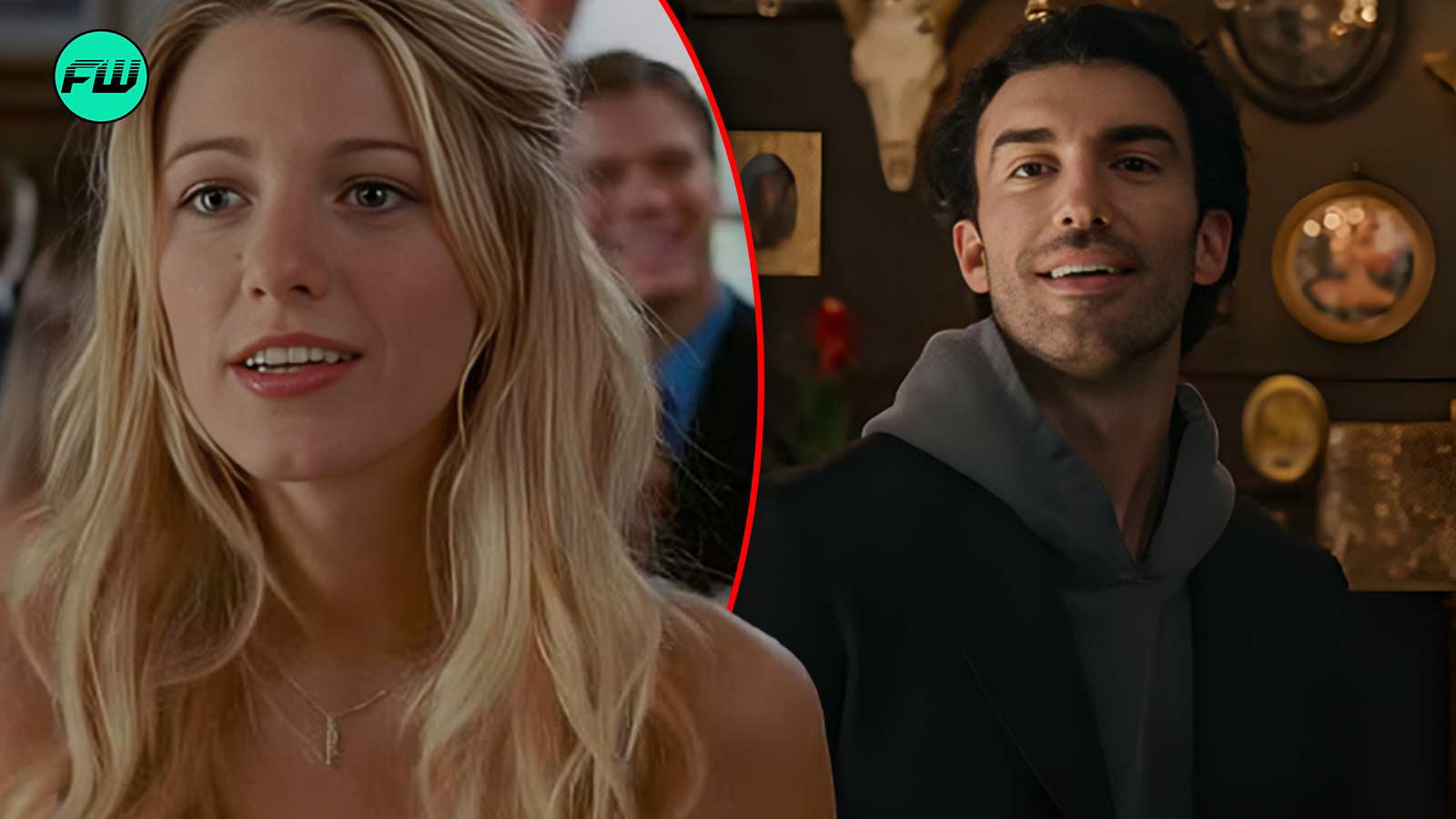
Blake Lively and Justin Baldoni’s latest film, as you all know, has been on everyone’s mind lately, not just for its heartfelt storytelling but also for the controversy surrounding it. With a stellar cast and an emotionally charged narrative, It Ends With Us captured the attention of fans and critics alike.
At the heart of the buzz is a rooftop scene that has become a fan favorite. It’s a moment filled with vulnerability, warmth, and chemistry between Lively and Baldoni’s characters, one that audiences have found especially moving.
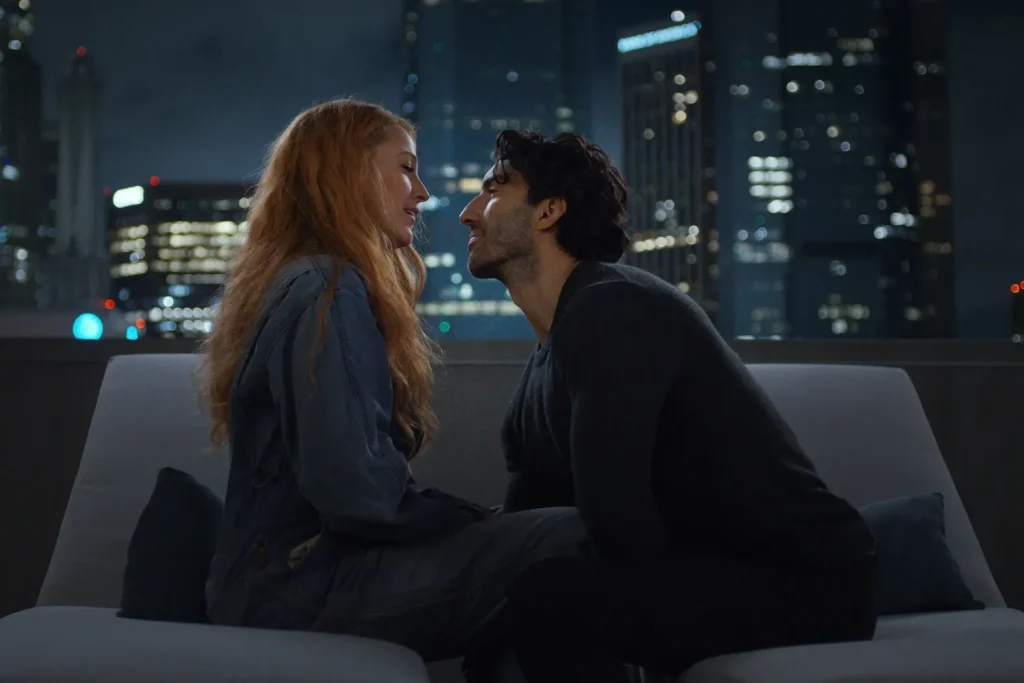
But like any movie, fans get curious about the creative process and naturally have questions about their favorite scenes. Who was responsible for writing this impactful moment? Was it all in the script, or were there contributions from unexpected places? These questions led to a whirlwind of reactions, statements, and, ultimately, an apology from Blake Lively herself.
Blake Lively’s apology amid the $400 million lawsuit
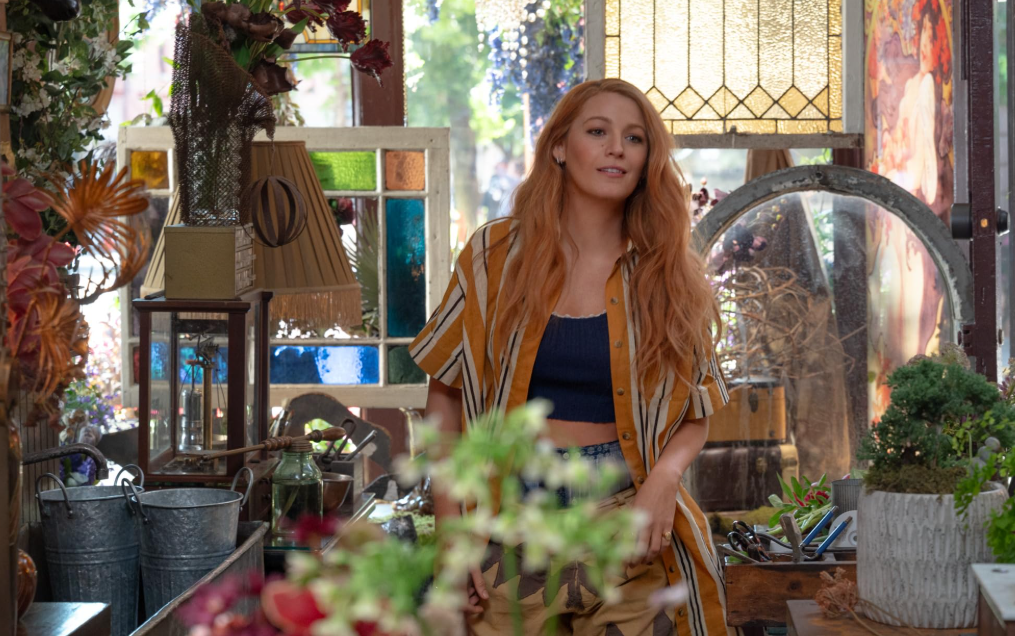
At the New York City premiere, Blake Lively revealed to E! News that her husband, Ryan Reynolds, had a hand in shaping the rooftop scene of It Ends With Us. Fans were surprised, as Reynolds was not officially credited as a writer. While her comment was meant as a lighthearted acknowledgment of her husband’s involvement, it inadvertently created tension.
Christy Hall, the film’s credited screenwriter, later stated that she was unaware of any rewrites by Reynolds, leading to speculation about who truly shaped the moment. Realizing how her words may have impacted the conversation, Lively issued a public apology, clarifying her intentions. According to RadarOnline.com, she expressed regret over any unintended consequences, stating,
I heard you were ambushed at your junket with a question about something I said on the red carpet. I feel awful. I never would’ve said anything that I thought could be used against you, or anyone. I was just proud of my partner and feeling grateful for the ways in which he shows up for me.
I believe firmly that two things can be true. In this case, he can show up for me and do great work doing so, and you can do great work which got us all here. But the media will make things more black and white. And I should’ve seen that before speaking off the cuff.
Her statement was a clear attempt to mend any misunderstandings while showing appreciation for both Hall’s original work and Reynolds’ contributions. Lively’s words resonate with many fans, who understand her intention to celebrate her husband without diminishing anyone else’s role.
Christy Hall’s response to the rewrite discussion
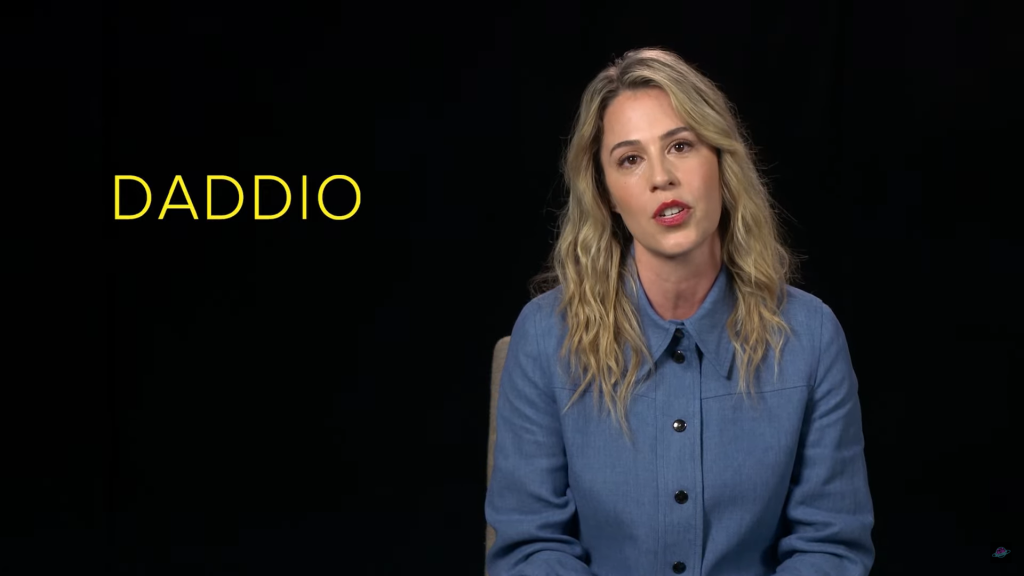
Screenwriter Christy Hall addressed the situation with grace, acknowledging that she hadn’t been aware of Ryan Reynolds’ specific input on the scene. Blake Lively’s legal team revealed some of the emails between them (via RadarOnline.com). They said that Hall graciously accepted the heartfelt apology and did not take Ms. Lively’s comment personally.
Rather than fueling the controversy, Hall took a diplomatic approach, focusing on the collaborative nature of filmmaking. Hall noticed subtle changes to the scene which she thought was improvisation. In an interview with People, she said,
There were a couple of little things that I thought had been improvised. Like when he says, ‘Pretty please with a cherry on top,’ and she talks about the maraschino cherries. When I saw a cut I was like, ‘Oh, that’s cute. That must have been a cute improvised thing.’ So if I’m being told that Ryan wrote that, then great, how wonderful.
Hall’s response helped de-escalate any potential tension, making it clear that she respected the creative process and the way It Ends With Us evolved. Instead of turning the situation into a debate over ownership, she celebrated the collaborative spirit that often defines the filmmaking process especially when Lively is being accused of the alleged hostile takeover of the film.
The entire situation serves as a reminder of how easily small remarks can take on a life of their own, especially in Hollywood. While the controversy may have sparked discussions, it ultimately highlights the intricate, multi-layered process of bringing a film to the big screen and the many hands that shape its most unforgettable moments.
This post belongs to FandomWire and first appeared on FandomWire
